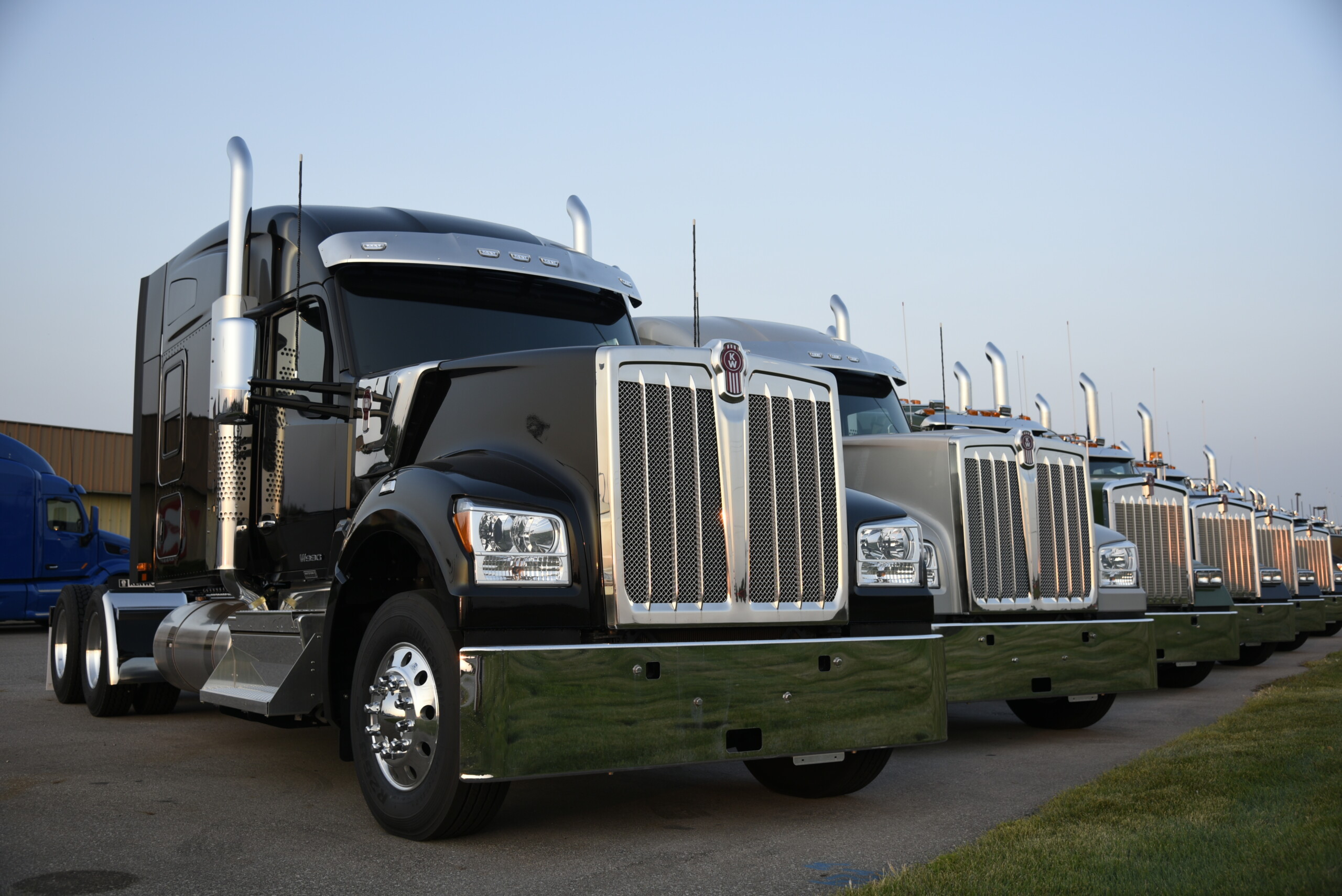INDOT, Purdue To Create Road That Charges Heavy Trucks, Cars As They Drive

The Indiana Department of Transportation and Purdue University want to build a stretch of highway that would charge electric cars as they drive. INDOT said electrifying the state’s highways would reduce pollution and support Indiana companies that make parts for new electric heavy trucks.
With Indiana companies like Cummins and Allison Transmission manufacturing parts for electric trucks, INDOT expects more freight and logistics companies will add them to their fleet. But INDOT’s deputy chief of staff, Scott Manning, said the need to find somewhere to stop and charge for hours can be a barrier for companies that want to go green.
“They really need to maximize every minute of available time that they can have on the roadways since the time that they’re allowed to drive on a daily basis is federally regulated,” he said.
Steve Pekarek is a professor of electrical and computer engineering at Purdue University and part of the Advancing Sustainability through Power Infrastructure for Road Electrification (ASPIRE) initiative — which is funded by the National Science Foundation.
He said charging on the go makes electric drivers feel less anxious about running out of power. It could also save them money because they don’t need larger batteries.
“The battery typically is a higher cost item. If you can reduce that you don’t need as large a battery, then it reduces the overall cost — potentially — of the vehicle,” Pekarek said.
The partnership will test out magnetic concrete technology developed by a German startup called Magment.
“The idea is to transmit energy from a transmitter in a roadway to a receiver in a vehicle with the idea of charging that vehicle as it’s moving,” said Pekarek.
Pekarek said the magnets would help to direct that energy to where it needs to go.
Manning said because magnetic concrete can be used in regular road construction and doesn’t require new infrastructure — it’s cheaper and more protected from the weather than some other technology that charges electric vehicles as they drive.
Purdue researchers plan to test out the pavement at its West Lafayette campus first. INDOT will then pick a stretch of road to research how well the concrete can charge heavy, high-powered trucks. If those tests go well, INDOT will electrify part of an interstate highway in Indiana.
Manning said it could take about two to three years of research before INDOT is ready to build a stretch of electric roadway.
Contact reporter Rebecca at rthiele@iu.edu or follow her on Twitter at @beckythiele.
Indiana Environmental reporting is supported by the Environmental Resilience Institute, an Indiana University Grand Challenge project developing Indiana-specific projections and informed responses to problems of environmental change.


